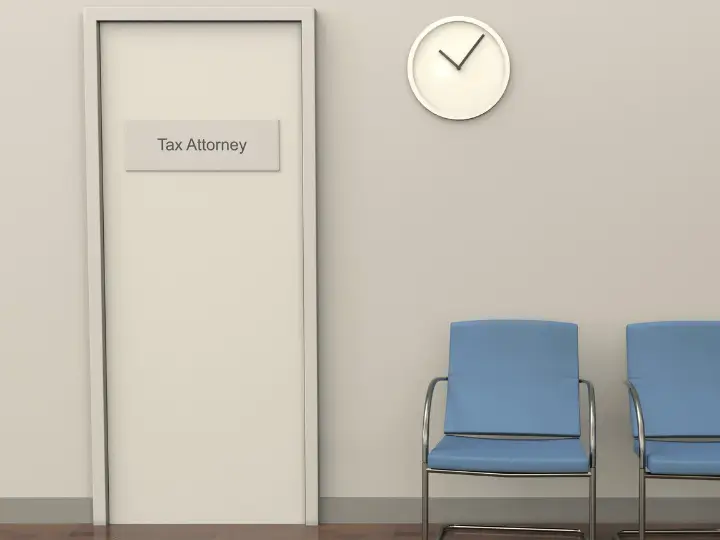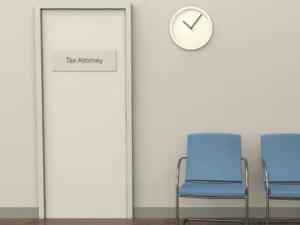
For those drowning in tax debt, an Offer in Compromise (OIC) could be the solution to finally breaking free. This IRS program allows qualifying taxpayers to settle their debt for less than what they owe, providing a lifeline for those who truly can’t afford to pay in full. The IRS considers factors like income, expenses, and assets when evaluating an offer, ensuring that taxpayers aren’t left in financial ruin just to satisfy their tax liability. However, getting an offer accepted isn’t easy—most applications are denied due to mistakes, incomplete paperwork, or unrealistic settlement proposals.
Applying for an Offer in Compromise requires more than just proving financial hardship. The IRS expects a detailed breakdown of your financial situation and an offer that represents the most they can reasonably collect. Many taxpayers either underestimate what they can offer—leading to rejection—or overestimate, leaving themselves in a worse financial position. Without a clear understanding of IRS guidelines, it’s easy to get lost in the process, wasting time and effort on an application that ultimately goes nowhere.
A tax attorney can increase your chances of success by handling the application, negotiating on your behalf, and ensuring that your offer is properly structured to meet IRS requirements. They can also explore other tax relief options, such as installment agreements or penalty abatements, through the Fresh Start Program to help you regain control of your finances. If you’re considering an Offer in Compromise, professional guidance can make all the difference in securing the best outcome.





